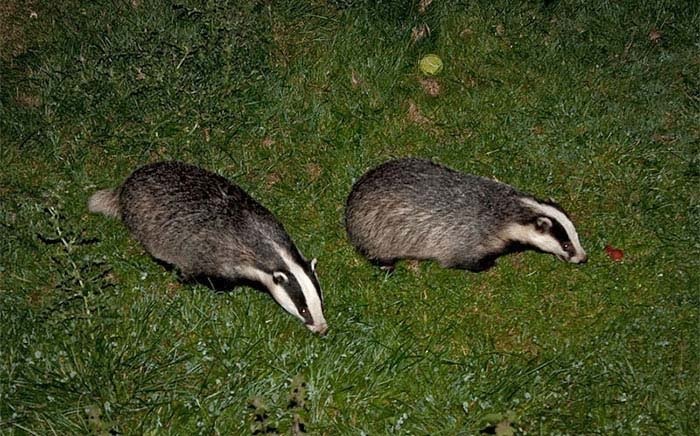
The pilot badger cull in Somerset ended on Friday 1st of November. An extension period for the Gloucestershire badger cull granted by Natural England is underway as Environment Secretary Owen Paterson updated parliament yesterday on the results of the cull.
In the additional three weeks the cull company removed an extra 90 badgers, taking the total across the whole cull period to 940. This represents a 65 per cent reduction in the local badger population.
Responding to the Written Ministerial Statement from the Defra Secretary of State at the end of the licence for badger culling in Somerset, BVA President Robin Hargreaves said: "The British Veterinary Association (BVA) has supported the pilot culls in England to determine whether badger culling can be delivered humanely, effectively, and safely by controlled shooting.
"We will not prejudge the report of the Independent Expert Panel (IEP), which will consider data from the initial 6-week pilots in Somerset and Gloucestershire, but we are interested to note the Secretary of State's announcement that current indications suggest that the pilot has been safe and humane.
"Today our Veterinary Policy Group has discussed the issues surrounding the extensions to the licences. We agree with the Chief Veterinary Officer's advice that extensions in order to remove a greater number of badgers and get closer to achieving the 70% rate of the Randomised Badger Culling Trials (RBCTs) are justified to improve the bovine TB disease situation and mitigate the potential impact of badger perturbation.
"Following questions raised by our members we have been assured by Defra that monitoring of the culling will continue to ensure it is being carried out in accordance with the humaneness and safety stipulations in the licences. Although it is important to note that this data will not form part of the information being considered by the IEP.
"We await the report of the IEP and will engage members in considering what impact it will have on the overall bovine TB eradication strategy for England."
But the Humane Society International UK said the figures released by the government 'confirm that despite a three week extension, DEFRA's badger cull in Somerset has failed.'
Mark Jones, Executive Director of Humane Society International UK said: "News that the Somerset cull has failed to achieve even the minimum target for killing badgers, is just the latest failure of this disastrous policy. DEFRA Ministers must stop trying to spin this shambles and instead acknowledge that the Government's badger killing policy has been a mistake from start to finish. To carry on regardless will only increase the costs to badgers and to farmers, while also increasing the risk of TB for cattle. The time has come for the Government to call a halt to this failed and divisive policy and to turn instead to more effective and humane solutions."
Before the extension was licensed by Natural England, the advice of the Chief Veterinary Officer was that a further increase in the number of badgers culled after the initial six week period would improve the disease control benefits achieved by delivering greater and quicker reductions in levels of TB in the area. With the further removal of badgers seen, the extension has been successful in meeting this aim.
Bovine TB is spreading across England and devastating our cattle and dairy industries. Over 28,000 cattle were slaughtered in England in 2012 due to bovine TB, and the disease is continuing to spread across England. New herd incidents in Great Britain have risen from 1,075 in 1996 to 5,171 in 2012. In 2012, 6,919 herds were under restrictions due to bovine TB.
Mark Jones, veterinarian and Executive Director of Humane Society International said the government should have rejected the policy.
“It comes as no surprise that the badger cull is failing in its efforts to devastate badger populations in the pilot areas. This unjustified policy has been a shambles from the outset. It deeply saddens me that even one badger has to suffer and die for the sake of political expediency. The government should have rejected this policy from the start, and instead focused on more progressive, humane, and science-based solutions to the problem of TB in cattle. Now it must abandon this travesty that has already cost farmers and the taxpayer dear and caused deep divisions within our communities.”
But DEFRA said there was no 'single solution' and badger culls alone would not solve the problem of TB in cattle: "There is no single solution and they represent part of a comprehensive plan that the government is taking to arrest the increase in new bovine TB cases. Coupled with tighter cattle movement controls, improvements in testing, good biosecurity, and continued investment in vaccination, culling will have a significant impact.
"Science tells us that badger culling can play a significant positive role in reducing the spread of TB. The decision by ministers was taken based on the best available scientific evidence after over 15 years of intensive research. This week the Irish Department of Agriculture reported that bovine TB in cattle had fallen to “historically low levels” after almost 25 years of culling badgers. Culling has contributed towards the 50% reduction in TB incidence in Ireland since 2000."
